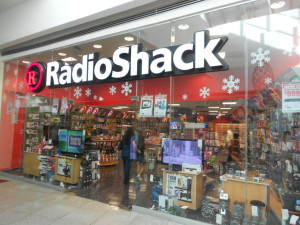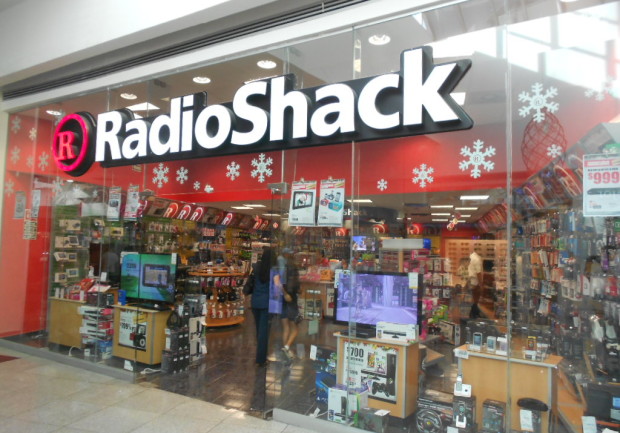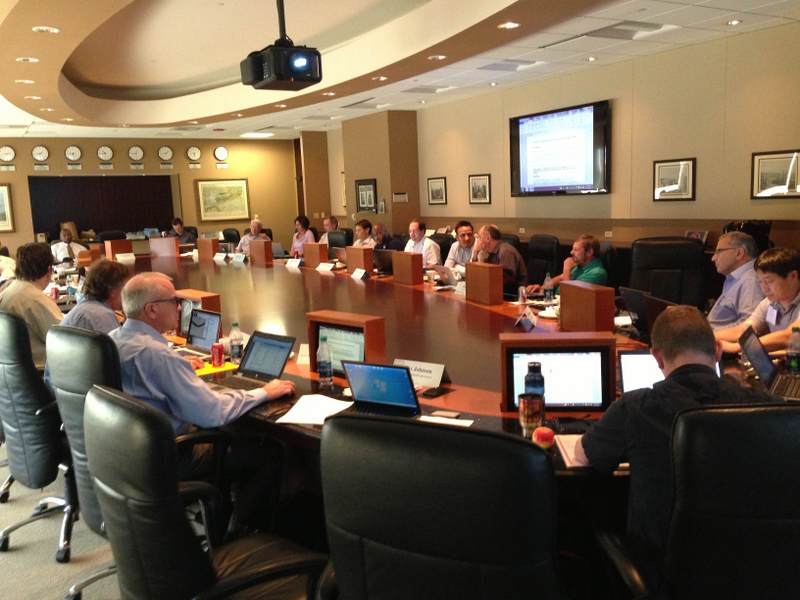 Back in 2003 I had just graduated from college with my BA in broadcasting with an emphasis in audio production. I was just starting out my career in audio with an over abundance of confidence and a complete lack of understanding that I needed to lose the chip on my shoulder and get some truly deep industry experience. As such, I let my ego get in my way in my first real first time job and that meant the hours vanished quickly and left me looking for work. Out of desperation, I thought of what places I could put my understanding of technology to use and found myself working at a downtown San Francisco Radio Shack.
Back in 2003 I had just graduated from college with my BA in broadcasting with an emphasis in audio production. I was just starting out my career in audio with an over abundance of confidence and a complete lack of understanding that I needed to lose the chip on my shoulder and get some truly deep industry experience. As such, I let my ego get in my way in my first real first time job and that meant the hours vanished quickly and left me looking for work. Out of desperation, I thought of what places I could put my understanding of technology to use and found myself working at a downtown San Francisco Radio Shack.
There are two things that my few months as a part timer at Radio Shack gave me. First of all, I picked up the habit of the manager for calling everyone “sir.” To this day I still use it on a daily basis, even with people with whom I’m am quite familiar. I can’t explain why this is something that stuck with me all these years later. Perhaps it’s just a modicum of class added to the daily vernacular, but the phrases ‘thank you, sir’, ‘good morning/afternoon, sir’, and ‘We’ll catch up later, sir’ come out of my mouth regularly.
The other thing I took away from that time was this common theme: the company hated it when I down sold customers to give them what they actually needed.
The thing about the San Francisco location where I worked is that it was less than a mile away from another location on the same major traffic artery. This meant that we were often calling between stores to check stock on items. It also meant that any local residents that might have bought something at one store would potentially be returning it to the other. I recall one instance where someone was trying to set up their home for Wi-Fi and the customer walked into our store with a Netgear router in hand and very upset because it wasn’t doing what they wanted. The manager of my store took the customer aside and started talking to them only to quickly call me over to assist. I pulled the box out of the shopping bag and within 5 seconds realized why they couldn’t get the wireless network to work – someone at the other store had sold them a wired only router. Somehow no one had realized that it didn’t have that giant ‘wireless’ text on the box. We were out of stock on the one the customer wanted, so a brief jog down and back to our sister store gave me what I needed and earned our store a customer for life (or at least as long as the doors stay open).
The next experience was one of a nervous and panicked customer. A groom and his best man came into the store about a week before the wedding. Staring at a napkin sketch they were standing in front of all the audio equipment and I couldn’t help myself from gliding over to offer a hand. What they were trying to do was plan the arrangement for their home hi-fi system arrangement for the reception of the upcoming reception. After a ten minute conversation, not only had I redesigned the layout of their plan for the stereo system, but I had also cut the cost of their purchase by 75% because the locations didn’t require near the cable runs they had been planning. This may have been my first instance of designing a system all on my own – even if it was just a temporary system.
In my time there, I was famous for stating that I could sell anything product we offered in that store, but I was always on probation because I was terrible at selling the cell phones and other SPIFF products. They couldn’t get rid of me because I knew more about the components and other equipment offered than any other employee they had, but they also didn’t seem to care. The management of the company was focused on putting a cell phone in every pocket and selling them at any cost. Being as our store was located in one of the worst neighborhoods in San Francisco, I had an ethical issue of selling something to a customer that, after a credit check, I knew they would struggle to afford.
In my brief time at Radio Shack I learned more about component level things than in almost any other part of my early career because I spent time in the racks sorting through the drawers and absorbing the information as much as I could. The goals of the company weren’t to focus on offering the support of electronics, but instead to emphasize recurring revenue opportunities of warranties and cell phone accounts. Perhaps this is why I’m cautious of the trend in the industry to push the service revenue model more than the system model, because I’ve been through it before and I’ve seen that it cannot be an either/or, but must instead be a combination thereof.




